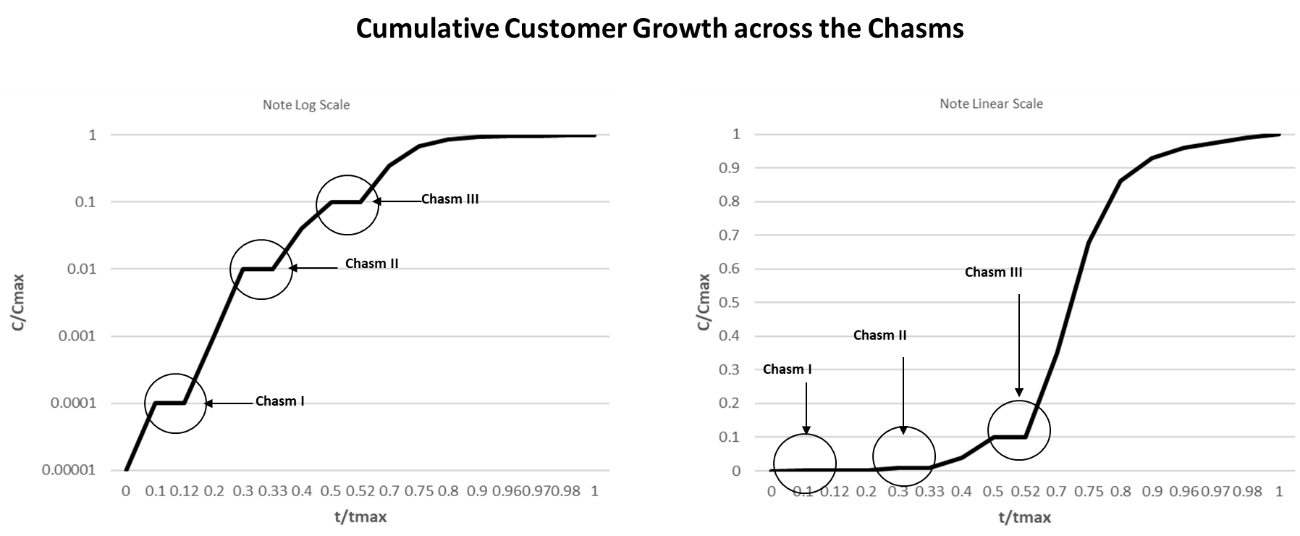Reid Hoffman, co-founder of LinkedIn and partner at Graylock investment firm, recently shared 3 secrets for getting a business to scale.
Why is this question important?
From the countless questions we've addressed through our Business Fundamentals 101 channel on Quora (join for free), scaling a business is one theme that shows up time and time again.
Some fundamentals, before we go into Reid's secrets...
The stage of business in its lifecycle is important to consider when addressing the scale question. Early stage startups want to scale quickly and profitability is not the objective. The main reason for this approach is to ensure that barriers to entry are created by grabbing market share.
One of the criteria to invest in startups is based on their future cash flows. The math gets complicated, but the reason for this approach is to have a high multiple return for the risk taken.
With that, here are Reid's 3 secrets to scaling...
1. Seek Negative Feedback:
Reid suggests to a contrarian approach to seeing feedback. Reid suggest, don't ask, "What do you think of my idea?" Instead ask, "What do you think is wrong with my idea? Why do you think my idea won't work?".
The intent here is to force the validation of theory and remove founder bias from the equation. Once the theory works, move fast to gain first mover advantage.
Word of caution: Validate the theory with those who you may consider business savvy. Also, to not waste time of your mentors, do some basic homework on market demand and possibly the competitive landscape.
Ads help us serve our growing community.
2. Go, go, go:
Take a minimum viable product (MVP) approach.
Reid shares, "One of the things I wish I had done in my very first startup was mocked up the product I had in mind, and literally take the paper around to people and ask for feedback--instead of first spending nine months doing software development and then putting it up in front of people".
An MVP would allow to validate product-market fit. Eric Ries in his book, "Lean startup" (read summary here), has also emphasized this approach. A product-market fit allows the firm to ensure their offering is aligned with market expectations, which can lead to scale.
3. Let some fires burn:
Here Reid draws from his experience and shares that, "At PayPal, when we got our series A and series B financing, if you did the math, it was clear the business model wasn't going to work in the long run. But people gave us money, so we were able to say, "We can figure that out later. We can let that one burn. We'll come to it."
The insight to draw from here is to prioritize and compartmentalize. If there is no priority, every problem is urgent - which in turn implies, nothing is urgent. Focus on what need to fixed now and what can wait. Critical fixes will ensure customers have a positive experience, which can lead to networks effects and scale.
Final thoughts:
Not all founders will take the same trajectory, but understanding the pitfalls will make sure they are armed with solutions vs repeating the same cycle.

0 Comments